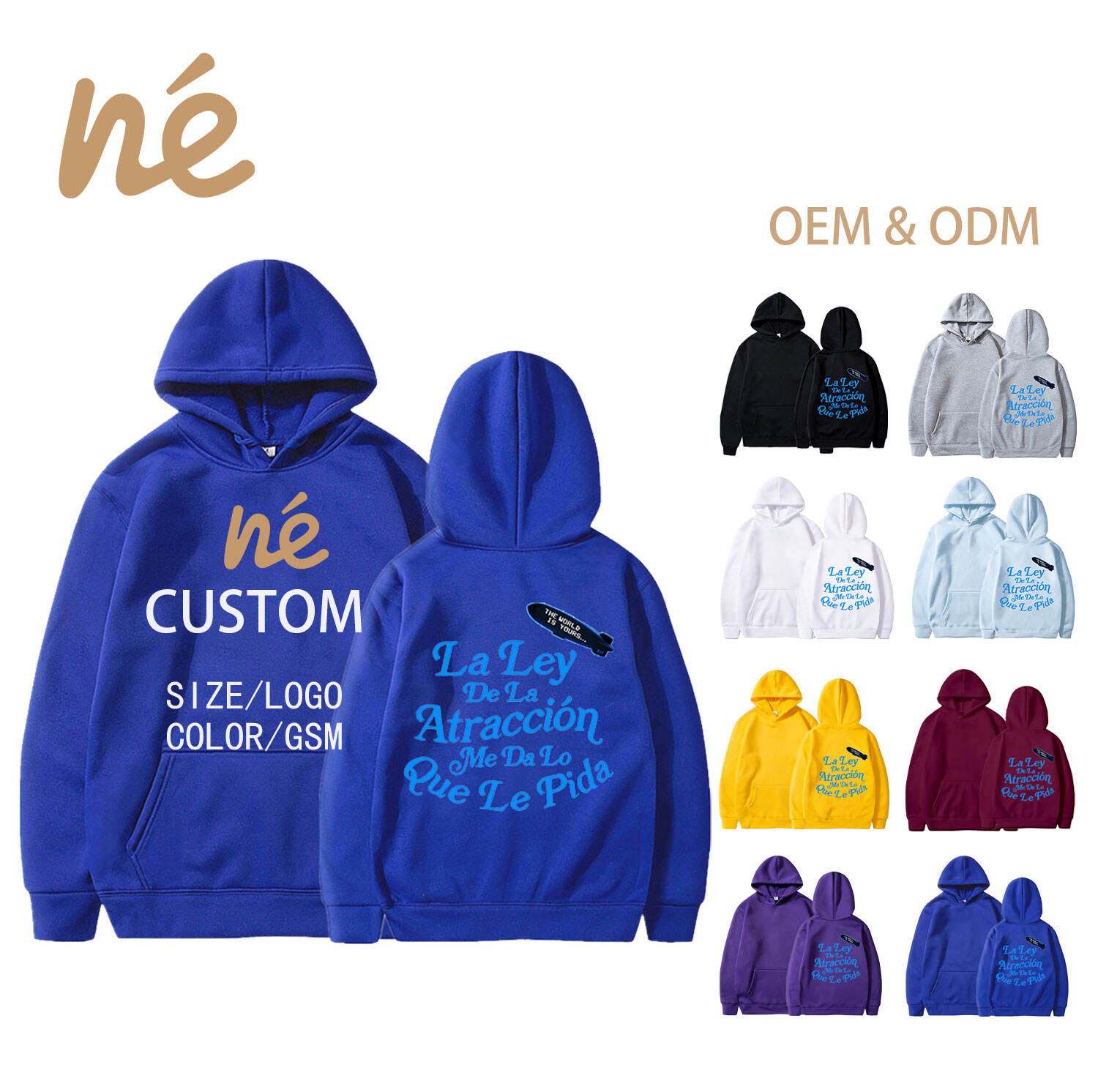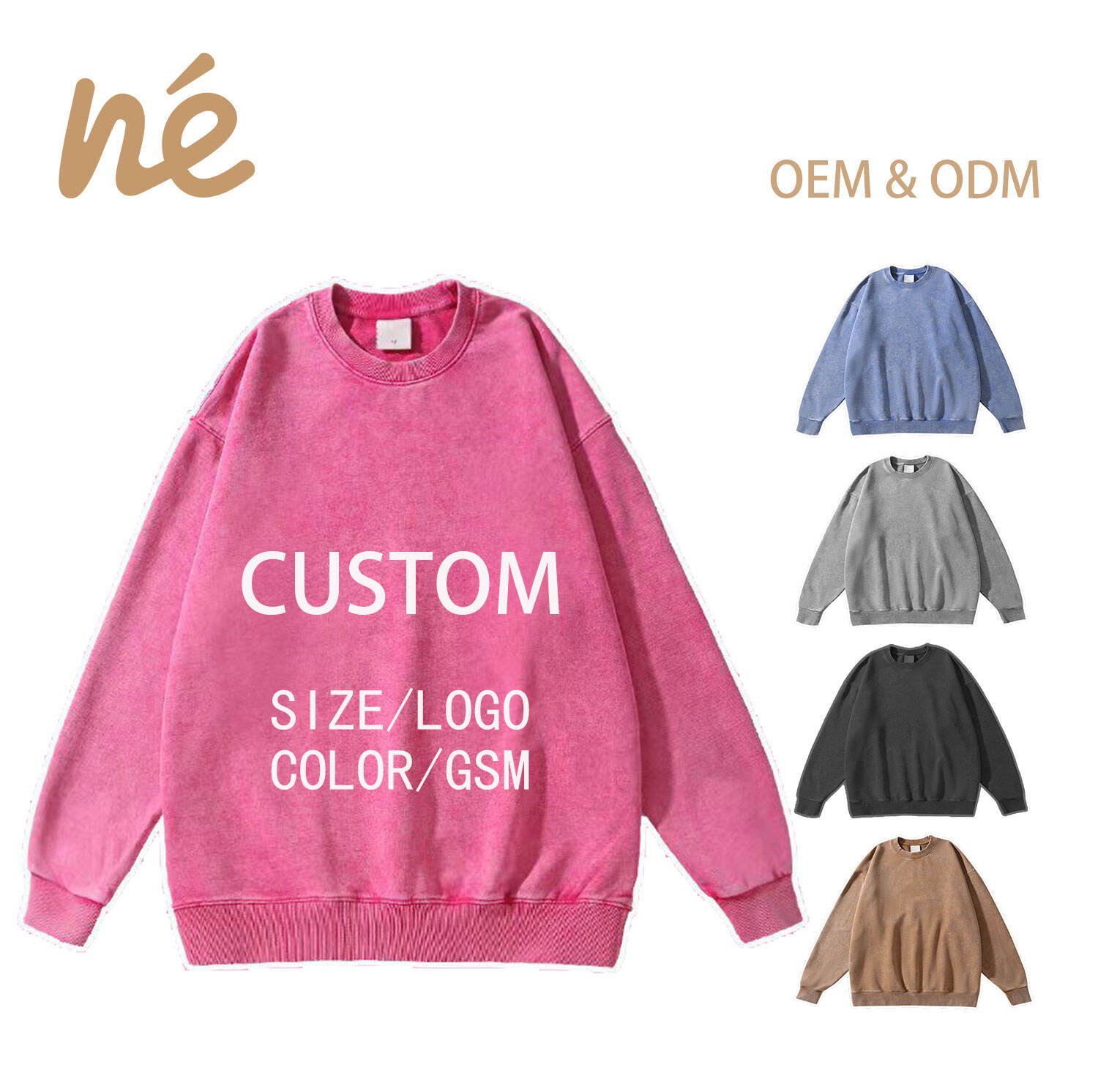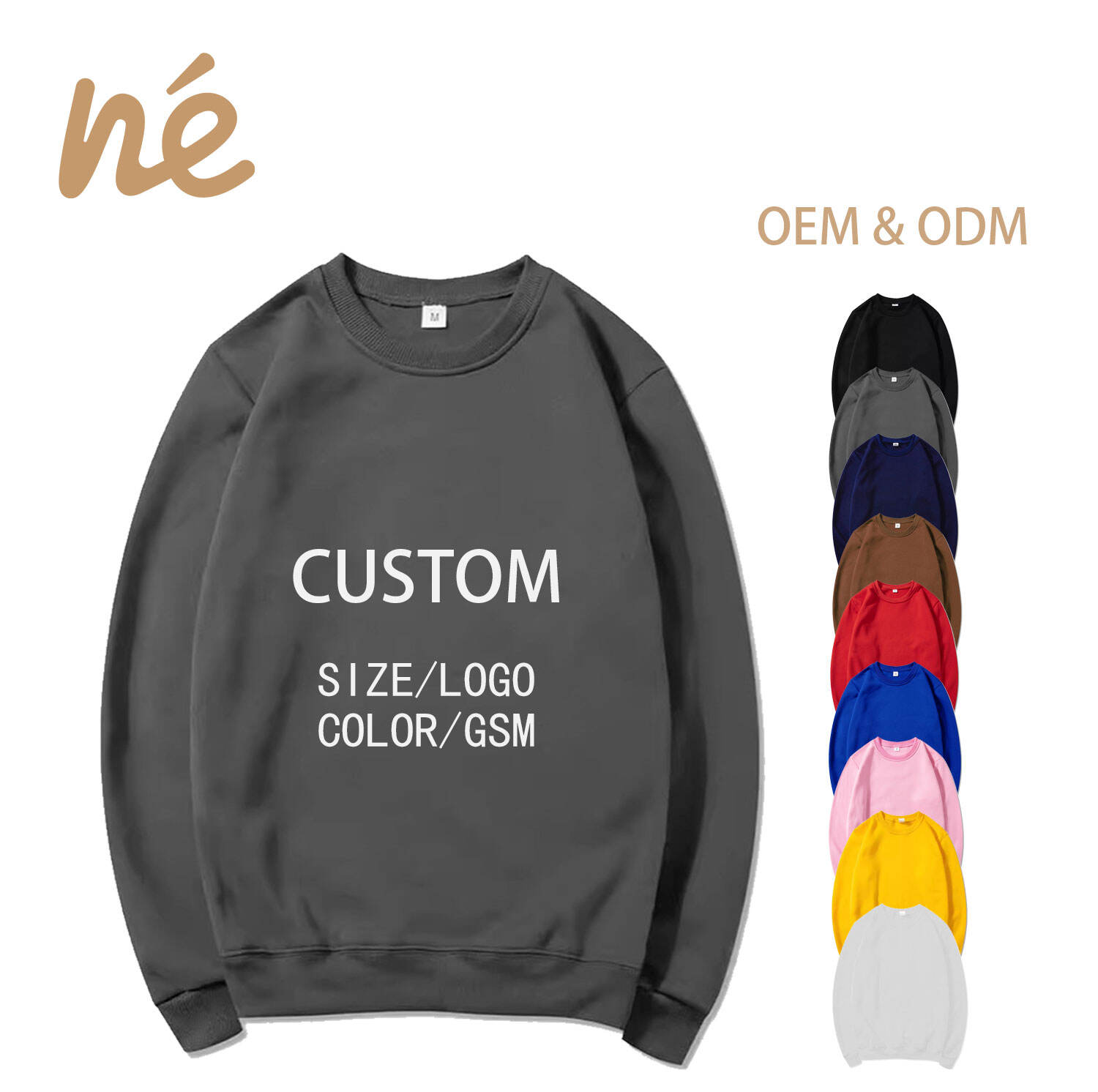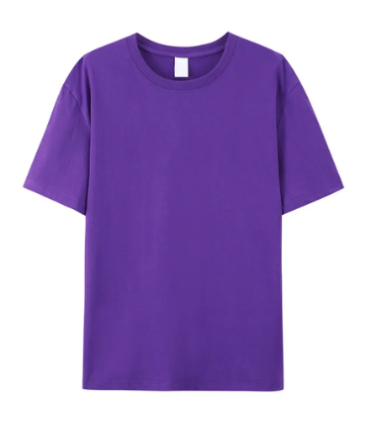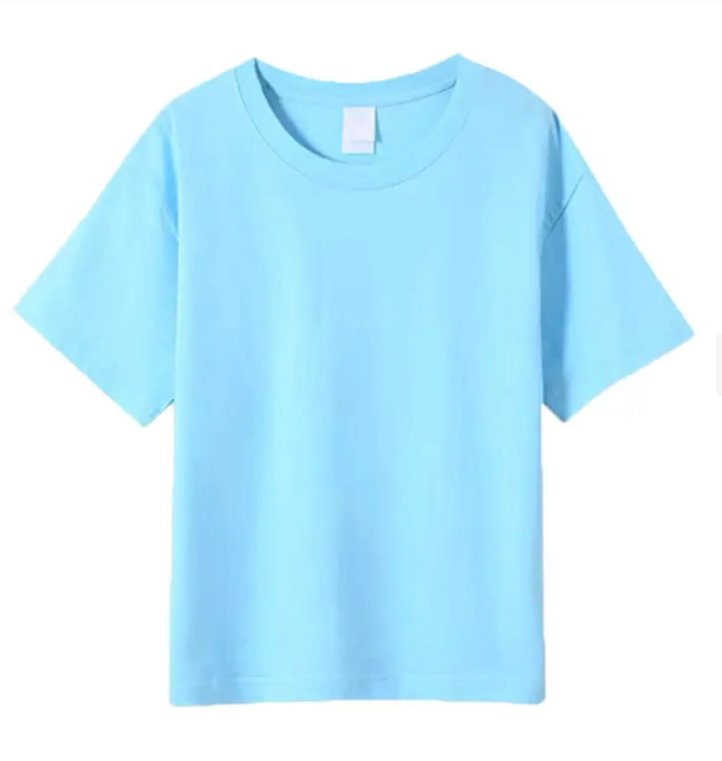dress manufacturer
A dress manufacturer represents a vital component in the fashion industry, combining traditional craftsmanship with modern production techniques to create high-quality garments. These facilities utilize state-of-the-art machinery and equipment to transform raw materials into finished dresses, incorporating advanced cutting systems, automated sewing machines, and quality control mechanisms. The manufacturing process typically begins with design conceptualization, followed by pattern making, fabric selection, cutting, sewing, and finishing. Modern dress manufacturers employ computer-aided design (CAD) software for precise pattern creation and digital fabric cutting technologies that minimize waste while maximizing efficiency. They often integrate enterprise resource planning (ERP) systems to manage inventory, track production schedules, and coordinate supply chain operations. Quality assurance protocols include multiple inspection points throughout the production line, ensuring each garment meets stringent standards before packaging. These facilities also implement sustainable practices, including water recycling systems, energy-efficient lighting, and eco-friendly material sourcing options.


